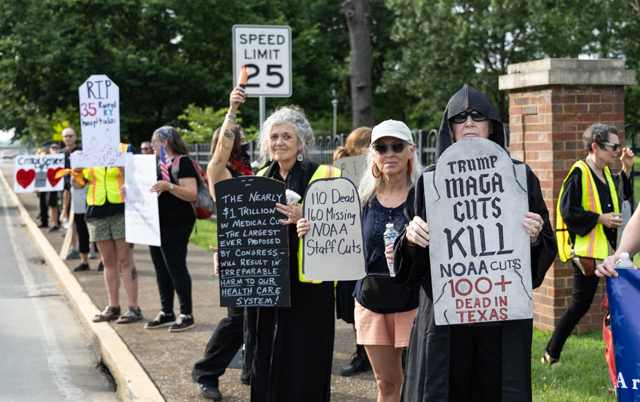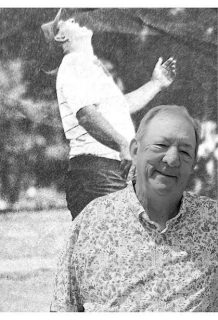IV drug abuse leads to law enforcement officers seeing more needles and syringes
Published 4:54 pm Friday, January 6, 2017
Local law enforcement agencies are more frequently than ever encountering hypodermic needles during arrests and searches as drug abusers make the switch to intravenous drug injection.
“Because the delivery systems have been changed for some drug users, it’s increasing the possibility of a needle being found on a call where there are potentially drugs,” Bowling Green Police Department spokesman Ronnie Ward said.
Trending
For that reason, law enforcement officers have become more vigilant in protecting themselves from needle sticks.
BGPD changed its official policy on handling needles and syringes, with the new policy going into effect Jan. 1. The policy is to protect employees from officers to evidence handlers, Ward said.
The new policy states that the department’s evidence unit “will not accept or store syringes and needles except under extreme circumstances; such as a serious physical injury or death investigation.” If an officer seizes a syringe or needle that is not needed as evidence, the collecting officer will dispose of the items in the biohazard disposal container in the evidence intake room. The disposal is then documented in police records.
Before the new policy, Bowling Green police officers collected needles and syringes as evidence and the department stored those items.
While intravenous drug use has historically been associated with heroin, it is not uncommon for police to encounter syringes with other drugs in them such as methamphetamine or crushed pain pills that have been liquefied.
City police and Warren County sheriff’s deputies all keep special containers in their cruisers so that when needles and or syringes are seized either as evidence or simply as contraband to be destroyed, they will be stored safely while in the cruiser.
Trending
“We’ve seen more syringe-related evidence being taken in during investigations,” Warren County Sheriff’s Office spokesman Stephen Harmon said.
“We issue our deputies sharps containers (tubes) for the safest evidence collection and preservation of syringes that are vital to criminal investigation,” he said. “Deputies are trained to be extra diligent in the collection of syringes due to the inherent dangers of self-exposure and contamination.
“The processing of syringe evidence is handled with the utmost safety to our staff and then is managed within our evidence unit in the same manner that any other evidence is handled,” Harmon said.
Ward said city police officers are warned of the dangers of bloodborne pathogens and also the dangers of being exposed to illicit drugs simply by handling them such as fentanyl, a powerful opioid that can be absorbed by contact with the drug.
“Sometimes it’s not the bloodborne pathogen to be feared as it is the drug that’s inside the needle,” Ward said.
“Education has increased regarding the possibility of needle sticks,” he said.
The police department along with the Bowling Green-Warren County Drug Task Force have both issued needle-stick-resistant gloves to officers to help prevent exposure.
While task force detectives are more likely to see needles during the execution of a search warrant, there is also the possibility that they could encounter one during a search incident to arrest.
Officers here will often pat down an arrestee and once they have determined that the person does not have a weapon, will ask that person to empty their pockets and pull them inside out to prevent police from getting stuck by a needle in a pocket.
“Generally, in a search warrant it’s not as big of a threat,” task force Director Tommy Loving said.
Paramedics here encounter needles at scenes very infrequently, said Jim Williams, operations director of The Medical Center’s Emergency Medical Services department.
“We do see it occasionally,” Williams said.
“Because of what we do we’re already using needles and have to dispose of them properly,” Williams said. “We already carry sharps containers that meet federal guidelines to dispose of them in or at least store them until we get back to the office and they are put in a prepared containment area until a licensed disposal contractor picks them up from us.
“If we go somewhere and someone already has a heroin syringe in their arm, probably what we would do is take it put in the sharps container” unless police tell paramedics they need it for evidence.
“We make sure that it’s not left on the scene and being a risk to someone getting stuck,” he said.
— Follow Assistant City Editor Deborah Highland on Twitter @BGDNCrimebeat or visit bgdailynews.com.






